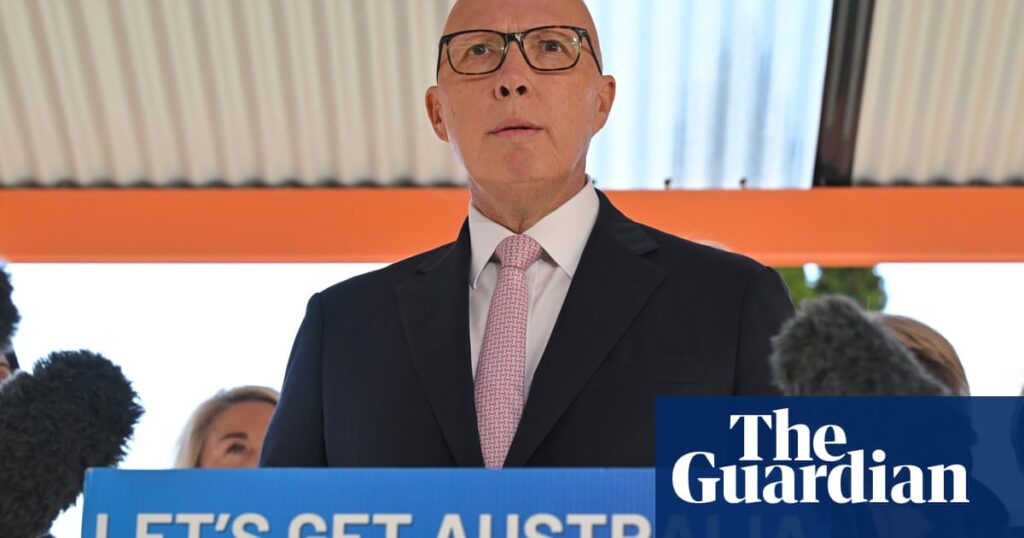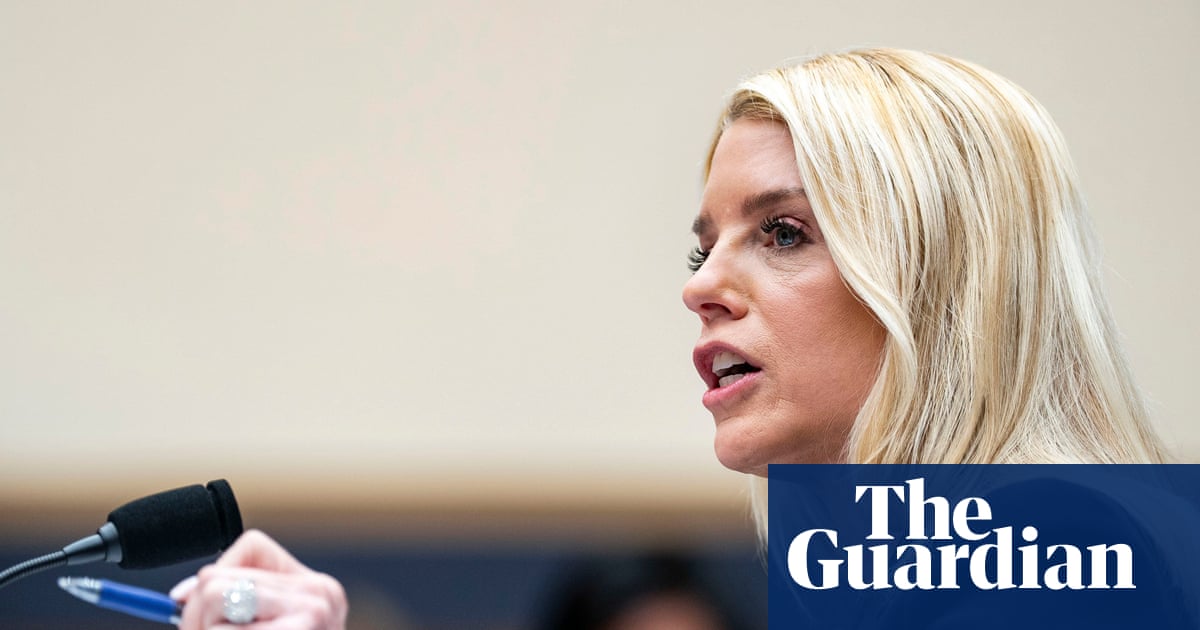
The federal opposition in Australia is signaling a significant shift in its approach to immigration, moving away from the hardline rhetoric of the past. The new shadow immigration minister, Paul Scarr, has emphasized a more empathetic approach that highlights the positive contributions of migrants to the country. This marks a departure from the policies and tone set during Peter Dutton’s tenure.
Paul Scarr, who also serves as the shadow minister for multicultural affairs, expressed his concerns to Guardian Australia, describing it as a “profound tragedy” that communities such as Chinese and Indian diasporas have distanced themselves from the Liberal Party in recent elections. Scarr believes that these communities’ values naturally align with the party’s core principles.
A New Direction for the Coalition
The announcement comes as political analyst and former Labor strategist Kos Samaras highlights the need for the Coalition to abandon outdated approaches to multicultural Australia. According to Samaras, the party has inadvertently branded itself as unwelcoming to recent migrants.
“They have hard-baked a brand that they are not a political party that likes people who have come to the country over the past 15 or 20 years,” Samaras stated.
Under Peter Dutton, immigration was a central issue, with promises to drastically cut permanent migration and net overseas migration. These policies linked increased migration to the housing supply and affordability crisis. However, with Sussan Ley now leading the Liberals, the future of these policies is uncertain as the party reviews its agenda following electoral defeats.
Empathy at the Forefront
Scarr has committed to changing the tone of the immigration debate. He aims to move away from the inflammatory language that characterized Dutton’s approach. Dutton, known for his controversial comments on refugees and asylum seekers, had previously suggested a temporary ban on people from Gaza and proposed a referendum on deporting dual citizens involved in serious crimes.
Scarr, reflecting on his career as a lawyer and his work in various countries, underscored the importance of empathy in political discourse. He stressed the need for discussions about immigration to focus on the contributions of migrants, emphasizing that these are “real people, real families” with diverse experiences.
Challenges and Opportunities
Multicultural communities, particularly Chinese voters, have notably shifted their support to Labor in recent elections. Scarr considers this a significant issue, given that many in these communities share values with the Liberal Party, such as individual freedoms and the importance of family.
Yun Jiang, from the University of Technology Sydney Australia-China Relations Institute, noted that the Liberal Party has traditionally appealed to many Chinese migrants. However, she highlighted the need for the party to “tone down their language” regarding China to regain support.
“The Liberals’ [2022 election] postmortem said they need to be more mindful of language, but clearly, at the end of the last election campaign … they seemed to forget the lessons they had written down themselves,” Jiang remarked.
Jiang emphasized that the party must avoid portraying Chinese people as threats or spies, a narrative that has alienated many voters.
Rebuilding Trust
Kos Samaras, now with research firm RedBridge, believes rebuilding support among multicultural communities is crucial for the Liberals. This task is made more urgent by the party’s reduced numbers in parliament and the rapid growth of Chinese and Indian diasporas, especially in Melbourne’s outer suburbs.
“When we speak to them [voters in focus groups] and they walk through their values, which are all about wealth accumulation, aspiration, small business – these people should be, culturally, Coalition voters,” Samaras explained. “But then we ask them why they are not, [and] their answer is pretty blunt: ‘They don’t like us’.”
Scarr acknowledges this challenge and is committed to changing perceptions. He aims to work tirelessly to recalibrate the party’s image and reconnect with multicultural communities.
As the Coalition navigates its future direction, the emphasis on empathy and inclusion could play a pivotal role in reshaping its relationship with Australia’s diverse population. The coming years will test the party’s ability to adapt and resonate with voters who have felt alienated in the past.







